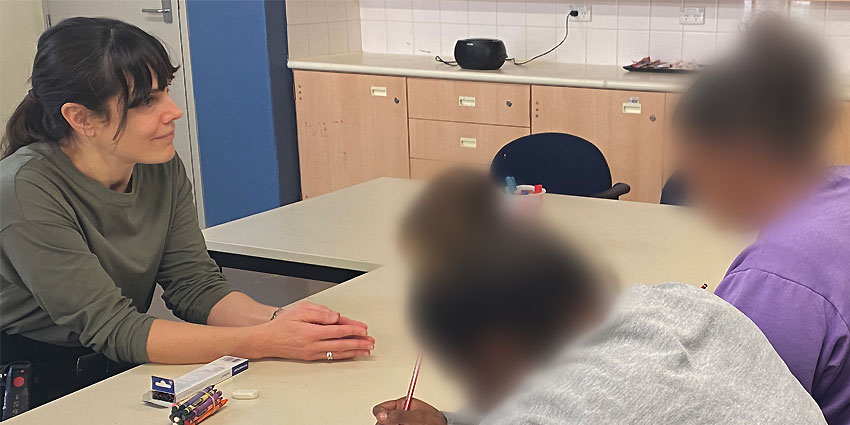
The Department’s response to the report includes detail of an Aboriginal Family Safety Strategy which will make courts and prisons more responsive to the needs of Aboriginal families experiencing domestic violence.
The strategy aligns with broader WA Government policy and articulates how the Department intends to support and work with perpetrators of family violence in Aboriginal communities.
It complements a broader Departmental FDV Strategic Framework – which details actions over the next three years to address the scourge of family and domestic violence.
The Department’s reforms include enabling offender programs to follow prisoners as they progress through custody and release.
This will help improve the reach and timeliness of such programs for prisoners who need to meet treatment conditions as part of their parole reviews.
The Inspector’s report commended the Department’s work in introducing a trauma-informed approach in providing services to women prisoners. That includes counselling for women who have suffered abuse and violence, and programs that assist and support them in finding safety in the community upon release.
The report praises a pilot FDV Prison Exit Program at Bandyup and Melaleuca women’s prisons that will provide legal and support services before release such as obtaining family violence restraining orders (FVROs) and connecting prisoners with community services.
Since 2020 the Department has been trialling a program that electronically monitors offenders in the community who have breached an FVRO and committed a further act of family violence.
Justice is also working with the Department of Communities and WA Police Force to redesign the Family and Domestic Violence Response Team model to improve coordinated interventions and support following a domestic violence incident.
“We are in a unique position to work with individuals in our care who are impacted by FDV,” Department of Justice Director General Dr Adam Tomison said.
“We do so through delivery of a suite of rehabilitation programs to FDV offenders which are being strengthened and reinvigorated,” Dr Tomison said.
“This will allow for increased flexibility, accessibility and remote delivery, helping reduce recidivism and future harm to the community.
”The Department supports all seven recommendations in the Inspector’s report, with six of them reflecting current practice.
The progress and performance of completed programs and initiatives will be monitored through internal Departmental governance processes.


